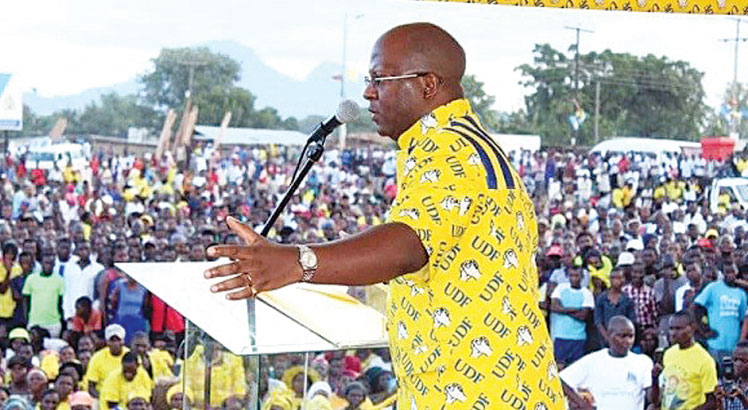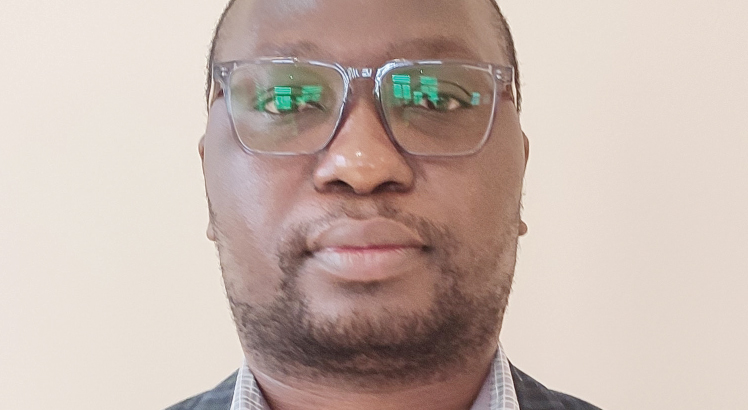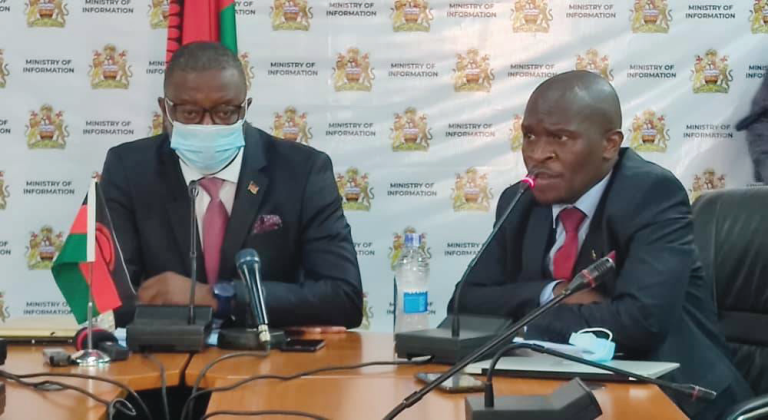…Can’t say it, can’t do it
Ghana’s Vice-President Mahamudu Bawumia is an interesting speaker. Eloquent and proud of his country’s progress, watching Bawumia address the recently held Africa-India business summit in New Delhi, India, was an inspiring moment.
“Africa is on the move,” Bawumia told the summit, “a continent eager to shake off past failures due to blind colonial and cold-war alignments and sheer bad governance.”

There is plenty of evidence backing Bawumia’s optimism, in spite of Africa’s torrid past and current woes. If not in majority countries on the continent, certainly a few are proving ‘Africa on the rise’ is more than a mantra.
Today, Africa is home to 10 of the world’s 15 fastest-growing economies, including Bawumia’s own Ghana. And there is enough evidence suggesting that the rest of the continent could catch the train, if it would rise to the occasion.
The question is, however, how our own country is fairing in this quest for African renaissance.
The answer is, rather, disheartening; while others rise, we are stuck in stagnation.
This is why the on-going election season is a crucial one. Because it is an opportunity to elect for ourselves the future we want.
But before voting, close scrutiny to the various political agendas in contention is necessary.
Oftentimes, the manifestos, rallies, debates and talk shows are an opportunity for opportunists— masquerading as leaders—to exploit and sell us lies.
But when we watch debates, such as the one the country was preparing to watch on Friday as I wrote this, we still should take this exercise seriously—although with caution necessary when dealing with politicians of this kind.
For one, it’s no brainer to say we’re much better off entrusting leadership to a candidate seemingly with a clear plan of action than gambling on anyone without a vision, from the very outset.
We might be disappointed if the guy who sounded visionary during campaign turns out to be a flop in government, but to elect a guy without any semblance of a vision and hope he turns good in office is, for want of a better word, dangerous!
Five years ago, the Cashgate-plagued presidency of Joyce Banda chickened out of the debates. JB, as the former president is fondly known, lost the subsequent vote decisively. She could skip the inquest, but not the vote.
Away from Mutharika, UTM’s Saulos Chilima and MCP’s Lazarus Chakwera have promised us the moon. We need to hear exactly how they intend to turn those lofty dreams into reality—and call them out when found wanting.
The thing is, whoever wants to become our President must in the very least, be able to sell us a clear vision we can all underpin our hopes on.
That’s what elections ought to be—an opportunity to elect for ourselves a shared destiny.
That choice must always be inspired by the vision offered by the candidates—not flimsy issues such as handouts or tribal considerations.
For every country that has been transformed, it has done so thanks to visionary leadership.
Our history further suggests that no leader should be elected or rejected based on their party’s history primarily because our parties are not distinguishable from each other based on any set of ideologies.
Our politicians and parties don’t believe in any ideology. The politicians just jump from one party to another based on their survival instinct and with so much executive power concentrated in the Presidency, it’s not the party, but the leader who counts.
So, let us listen carefully. But if a leader is arrogant enough to avoid accountability during this period, or they just mumble-and-jumble some gibberish (confusing the same as vision for a country) when the voting booths open on May 21, we must use a new maxim: “if they couldn’t say it, they can’t do it”. That, more than any other part of the current spectacle, will give meaning to democracy and edge us closer to join the league of African countries on the move. n





